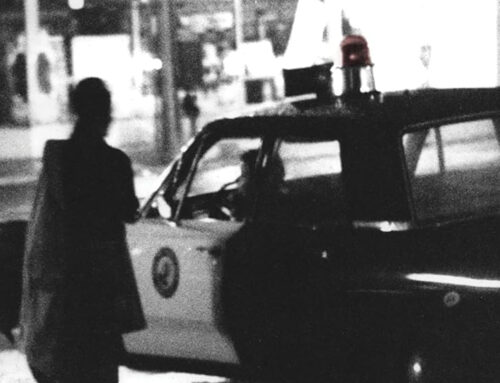Chances are, if one of our children is abducted by a stranger, no amount of Amber Alert broadcasts will make much of a difference in the outcome: Odds are it won’t be good.
That’s the conclusion of a new study on the impact of the Amber Alert program on helping recover abducted children: Does the program really save abducted children, or does it instead primarily panic everyone with a child? Boston Globe writer Drake Bennett’s report, reprinted in Sunday’s DMN, answers the question by using a bunch of statistics to come up with a surprising answer: The Amber Alert does more harm than good.
The Amber Alert originated, of course, with the abduction of Arlington nine-year-old Amber Hagerman in 1996; Hagerman didn’t survive her abduction at the hands of a stranger. But the outcry at the time caused the police departments in Texas to began alerting the public to child abductions through radio station partners, and in 2003, the federal government signed on, Bennett says. But Bennett focuses on a recent study conducted by a University of Nevada criminologist, who determined that statistically, the "Amber Alert is a victim of its own fantastically good intentions. If someone gets a hold of a kid and has sufficiently nasty intentions, in the long run there’s not much we can do."

The story in the DMN, which is a pretty long but interesting read, argues that most kids rescued as part of Amber Alerts "would have been rescued regardless of an alert", with 63 percent of Amber Alerts determined to have "no direct effect on recovery" because the police solved the crimes by traditional methods. So what about the other 37 percent of cases where an alert was issued? Only about 10 percent of all Amber Alerts helped rescue a child, the study determined, and most of those involved cases where one parent grabbed the child from another and never had any intention of causing the child any harm — not exactly the type of case the Amber Alert was designed to handle.
Proponents of the Amber Alert program argue that if even one child is saved as a result of an alert, the program has done its job. That’s fine, the criminologists say, but the true odds of a child being kidnapped by a stranger are about one in a million — pretty low odds, the study says. And while the alerts are saving very few children, how many other parents and children — because of the climate of terror generated by alerts — live in fear of something that will never happen to them or anyone they know?
There’s no real answer to this question, of course, and what politician in his or her right mind would vote to rescind the Amber Alert laws on the books throughout the country? It would be true political suicide.
It’s just an interesting article worth reading and considering on a hot summer day when the streets are virtually clear of children — and not because of the temperatures outside.





